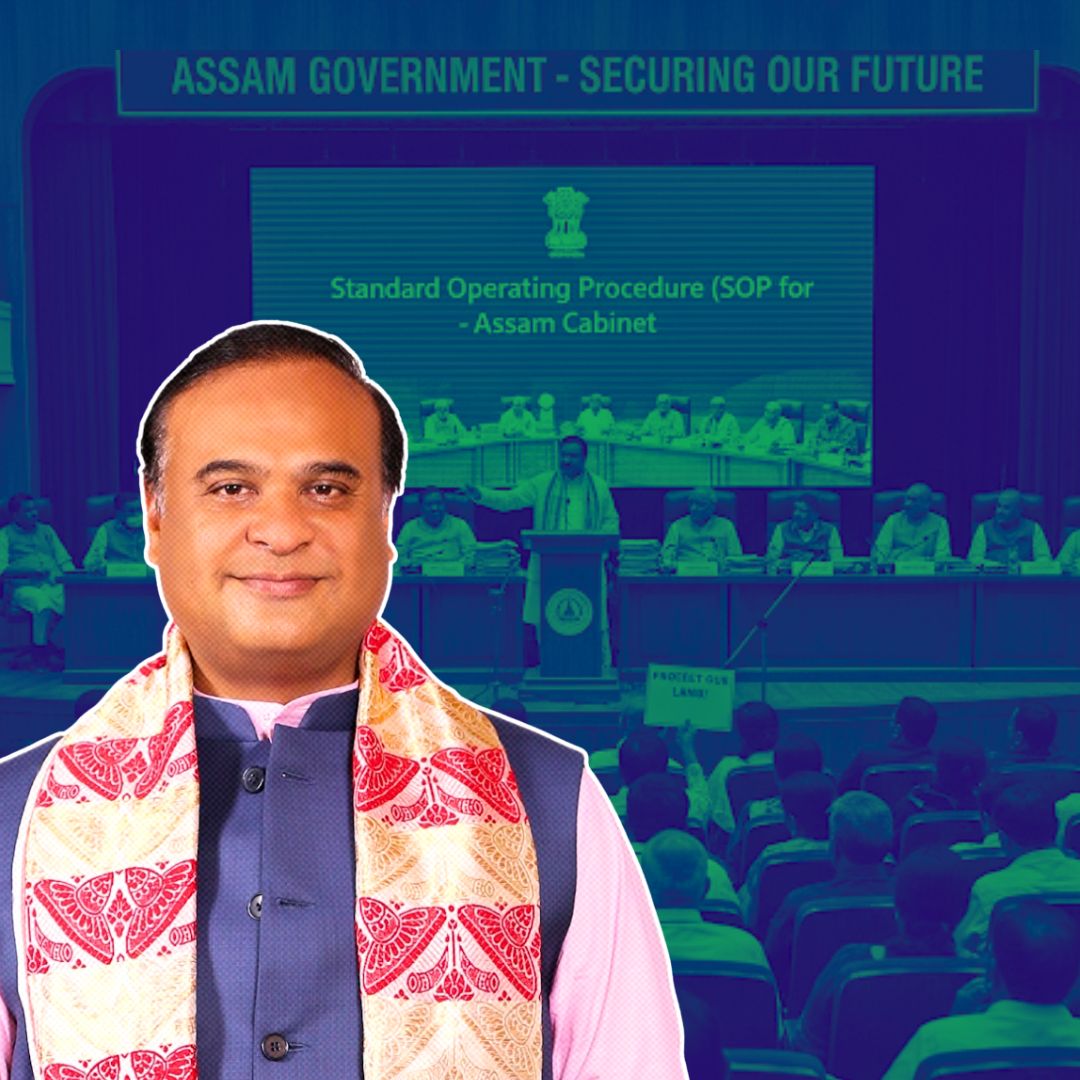The Assam Cabinet has recently approved a detailed Standard Operating Procedure (SOP) to regulate land transfers between people of different religions and to scrutinise land acquisitions by NGOs from outside the state. Announced by Chief Minister Himanta Biswa Sarma, this move aims to address multiple sensitive concerns including the demographic balance of Assam, prevention of fraudulent land transactions, transparency in funding, and protection of social harmony as well as national security.
The multi-layered regulatory framework underscores the government’s intent to carefully oversee inter-religious land deals in this culturally complex and sensitive region.
Rigorous Multi-Tiered Scrutiny Mechanism
Under the new SOP, all inter-religious land transfer proposals must first be submitted to the Deputy Commissioner (DC) of the respective district. The DC verifies preliminary documents and forwards the proposal to the Revenue Department, where a designated nodal officer scrutinises the case.
Following this, the proposal is sent to the Special Branch of the Assam Police for an in-depth investigation. The police examine the deal on several critical fronts – identifying any fraud, coercion, or illegal elements involved; verifying the source of funds to ascertain if the purchase involves black money; assessing the potential impact on the social fabric of the locality; and evaluating any possible risks to national security.
The Special Branch then submits its report back to the government, after which the DC takes the final decision on whether to approve or reject the land transfer. This multi-layered process aims for thorough due diligence while providing a final say to local administrative authorities.
Focus on NGOs and Protecting Indigenous Interests
In addition to individual land transfers between people of different religions, the SOP specifically targets land purchases by NGOs from outside Assam, particularly from states like Kerala. These NGOs often seek land for establishing educational or healthcare institutions, but the government views some of these acquisitions as potentially threatening to the demographic and cultural balance of Assam.
“Several NGOs from Kerala with ties to a particular religion have already purchased large plots of land or are trying to do so. We have been trying to prevent such purchases,” stated CM Sarma. The SOP excludes local NGOs from this process, recognising their established role and contributions. Importantly, the government frames the SOP as a safeguard to prevent land from slipping into the hands of illegal settlers or entities that might pose threats to national unity and security.
Context: Assam’s Historical Sensitivities and Challenges
Assam has a long history of demographic transformation, migration, and related socio-political tensions that often intersect with land rights and ownership. Indigenous communities have repeatedly voiced concerns about losing land to outsiders through dubious transactions. The state government has, over the years, introduced measures to protect tribal land and regulate land sales in sensitive areas.
The new SOP represents a continuation and intensification of these regulatory efforts, responding to ongoing fears about the erosion of Assam’s ethnic composition and potential external influences through unchecked land acquisitions. By institutionalising a clear process involving police scrutiny, the government hopes to pre-empt illegal or detrimental land transfers and fortify Assam’s social fabric.
The Logical Indian’s Perspective
While the Assam government’s intention to protect indigenous land rights and maintain social harmony is understandable, it is crucial that such regulations do not become tools of exclusion or prejudice.
Transparent and fair scrutiny mechanisms must be balanced with protection of individual rights, including the freedom to transact across communities, without fostering mistrust or discrimination. In a diverse society like Assam, harmony thrives on dialogue and mutual respect rather than blanket suspicion or restrictive policies.












